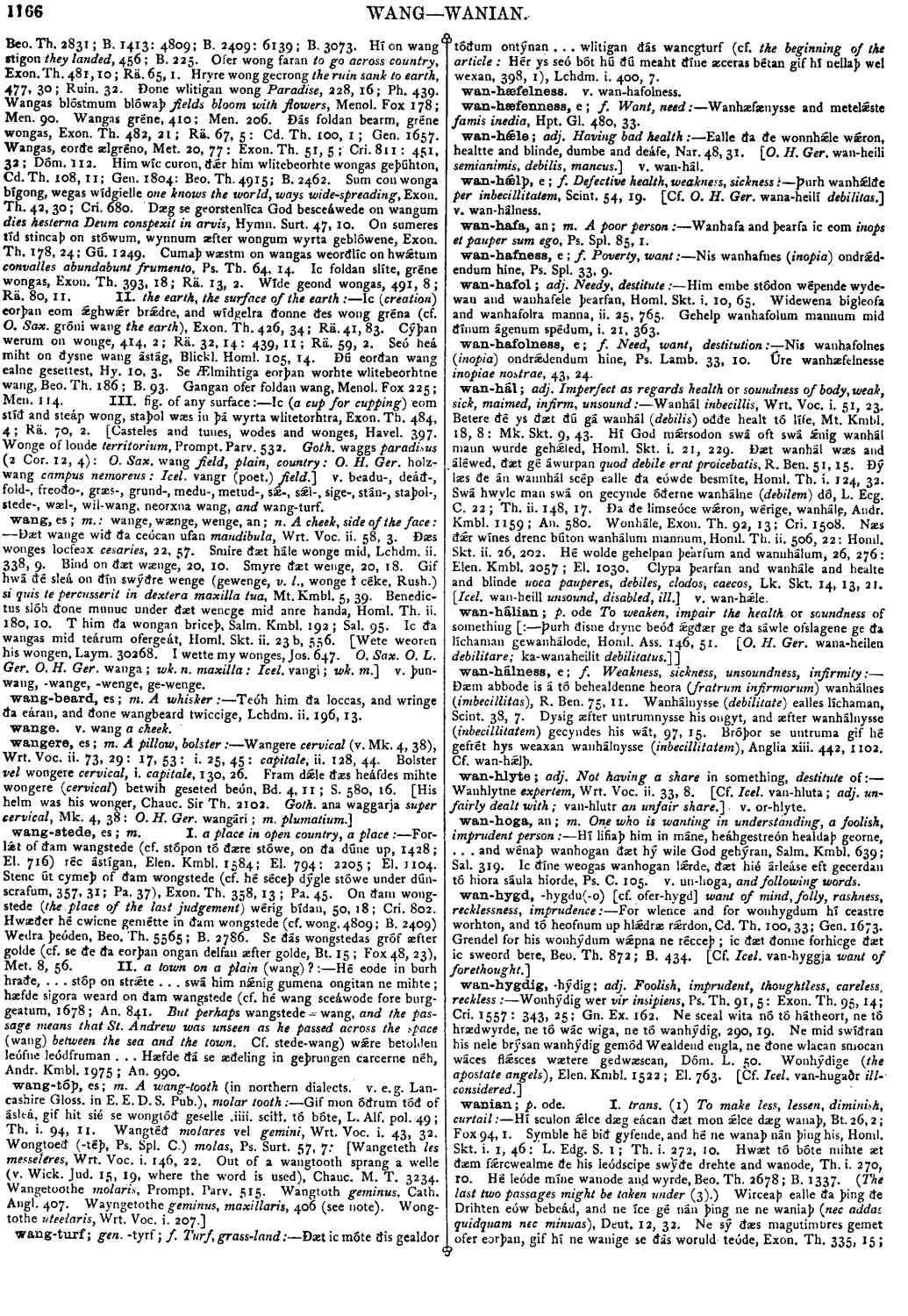Copyright
All the data provided here are free for any purpose.
If you use the data for academic purposes, we ask that you
kindly cite us as your source. In case you need a large
portion of the dictionary data or you need it in a specific
format, let us know through the contact form, we are happy
to do custom database dumps for researchers.
How to cite
You can cite the entries of the online version of the
dictionary, or you can cite the scanned pages of the
original paper editions.
-
To cite the online version of the dictionary, click the
icon right under the entry.
-
To cite the scanned paper version of the dictionary,
click the "show/hide this scanned page" link under the
entry, check the scan and use the citation information
right above it.
